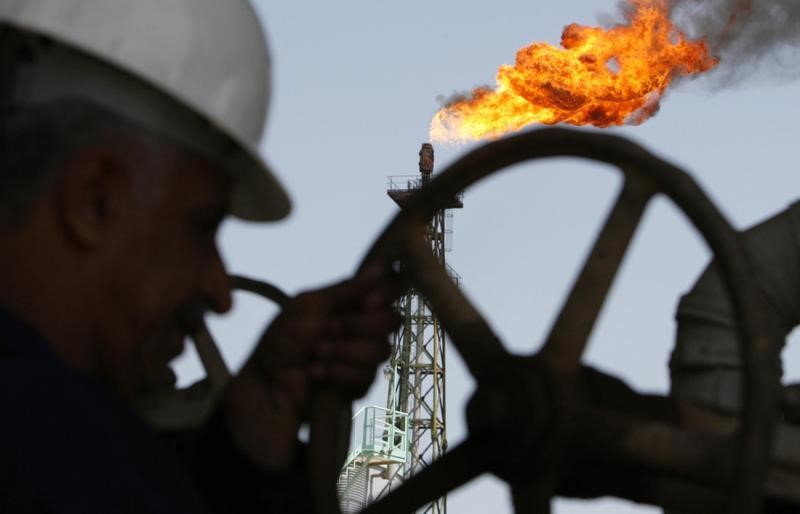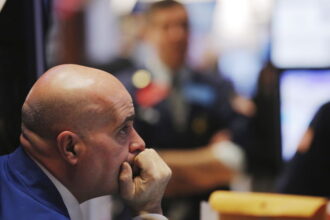Investing.com– Oil prices fell slightly in Asian trade on Monday as traders hunkered down in anticipation of several key central bank meetings this week, although the prospect of a tighter market, on more supply cuts, kept prices at 10-month peaks.
expiring in November saw some mild profit taking after a stellar run of gains, falling 0.3% to $94.03 a barrel by 20:14 ET (00:14 GMT). traded at $90.22 a barrel after rolling over into the November contract. The WTI contract for September had settled at $90.77 a barrel on Friday.
Both contracts were still sitting close to their highest levels since November 2022, having marked an over 30% over the past three months following supply cuts from Saudi Arabia and Russia.
The two countries recently said that their 1.3 million barrels per day cuts will extend until the end of the year, presenting a tight outlook for oil markets.
But oil prices saw some measure of profit taking on Monday. Fears of a U.S. government shutdown also saw traders lock-in some gains, amid disagreements between top-level Republican lawmakers over defense spending.
U.S. lawmakers have a two-week deadline to vote on a fiscal spending bill, failing which could cause large swathes of the government to stop functioning.
Fed meeting, central banks in focus
A two-day , which begins on Tuesday, is set to headline a series of central bank meetings this week. While the Fed is widely expected to keep interest rates on hold, it is still expected to maintain its hawkish outlook, especially after a recent upswing in inflation.
U.S. , pointing to more pressure on the U.S. economy, which traders fear could stymie its appetite for oil. U.S. fuel demand is also expected to cool in the coming months, especially with the end of the summer season.
The Fed meeting is also expected to dictate the path of the , which was trading close to a six-month high on Monday. Any more strength in the greenback is likely to weigh on oil markets.
Beyond the Fed, markets are also awaiting rate decisions from the (BOE), the (PBOC) and the (BOJ) this week.
The BOE is expected to hike interest rates by 25 basis points, while the PBOC and the BOJ are expected to keep rates on hold. But any signals on future policy, particularly from the BOJ, will be in focus, given that several members of the Japanese central bank flagged a potential end to its negative rate regime.
In China, the PBOC is expected to keep its loan prime rates on hold as it struggles to strike a balance between supporting an economic recovery and preventing further weakness in the yuan.
But optimism over improving economic conditions in the world’s largest oil importer had somewhat aided oil markets last week, following some better-than-expected and readings for August.
The PBOC had also trimmed reserve requirements for Chinese lenders last week, unlocking more monetary support for the economy.
Read the full article here










